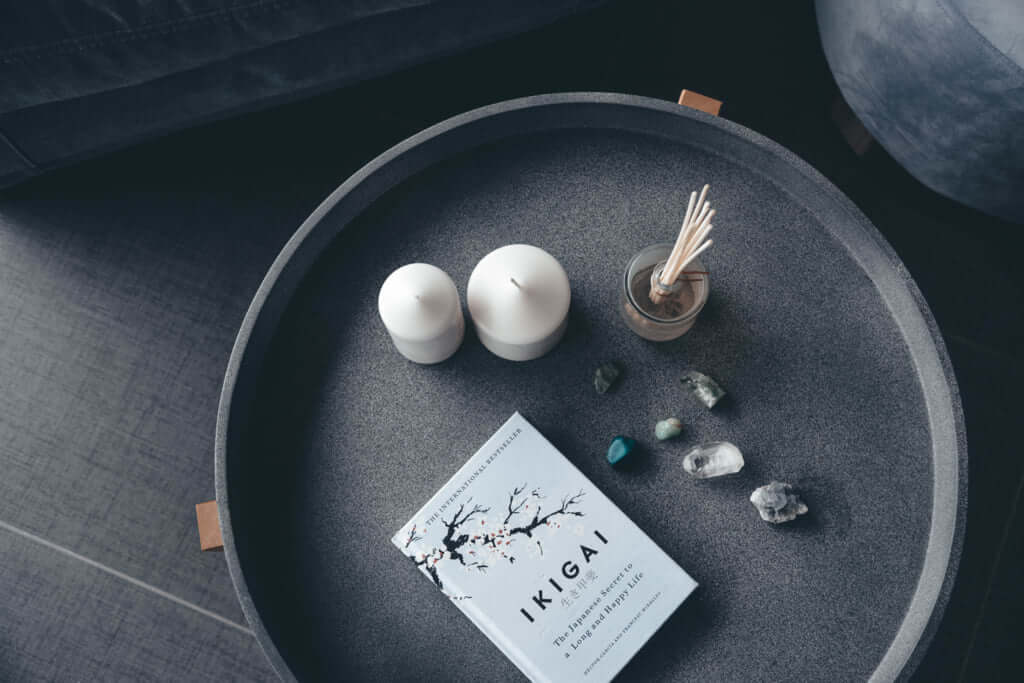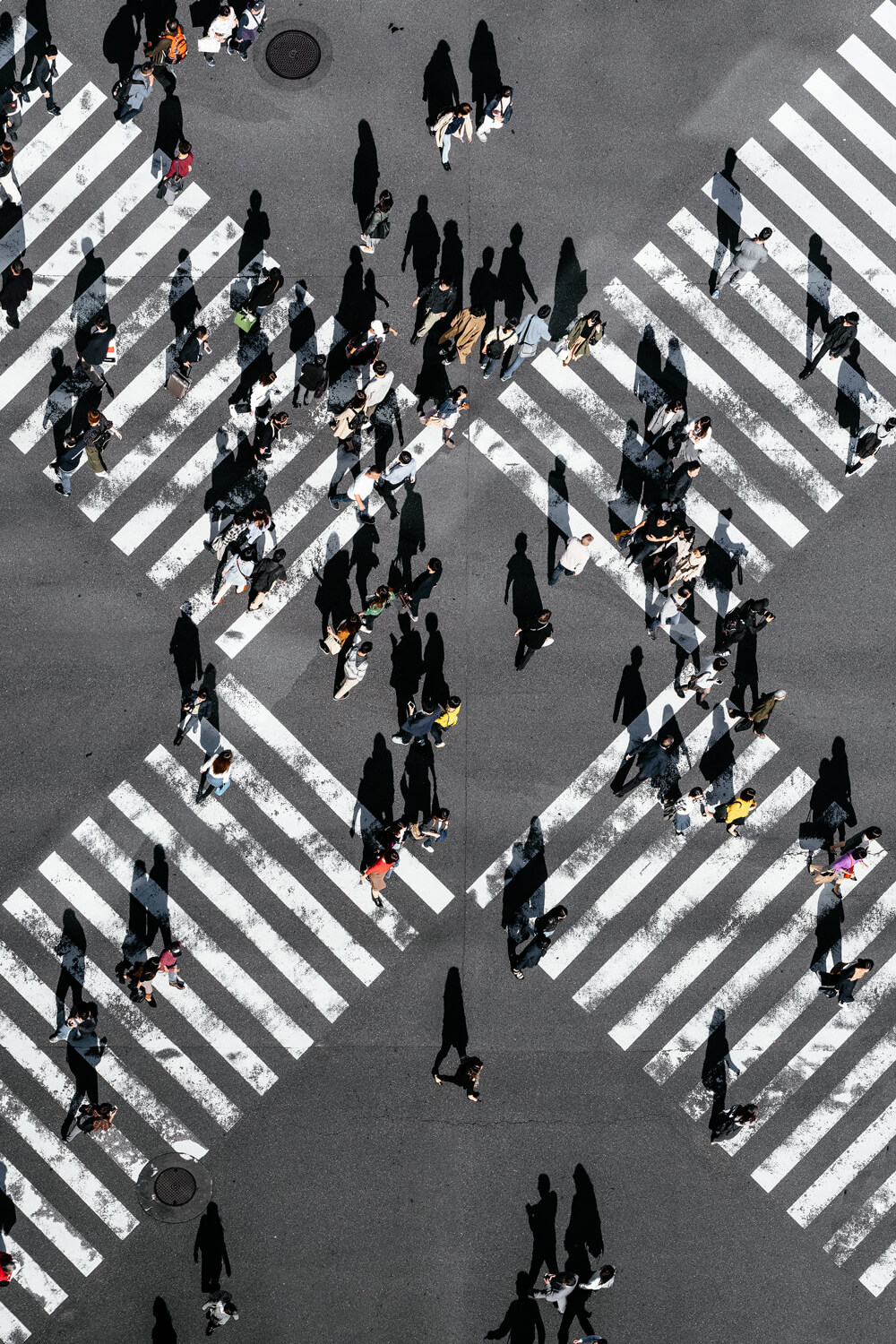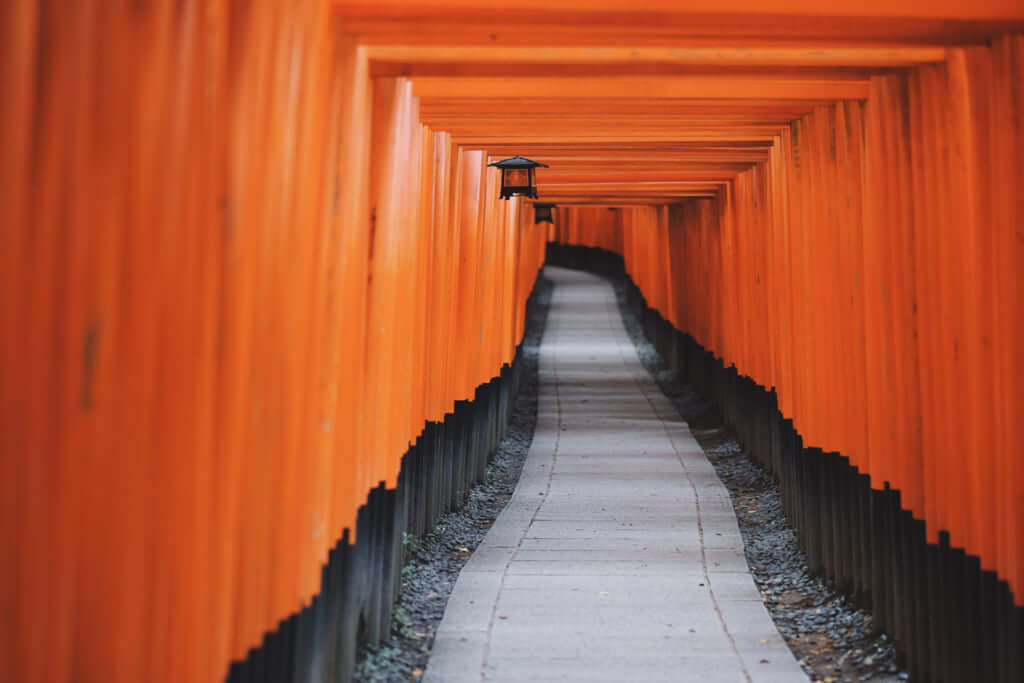Ikigai, the Simple Recipe to Happiness?

©Content Pixie
Ikigai is a Japanese life philosophy which seeks to focus on conscience, allowing us to achieve everything from focusing on careers which match our desires to accessing ultimate happiness. The first step is simply to take pen to paper and spend your free time exploring the key pathways that our inner consciousness seeks.
The Japanese concept translates to something like ‘joie de vivre’ iki and ‘purpose’ gai, as a sort of art of living based on wisdom. It finds its origins on the island of Okinawa in the South West of Japan, renowned for the extraordinary longevity of its inhabitants. Here, the elderly never really stop working, seemingly finding deep satisfaction in helping their community. This aspect becoming one of six factors which is key to long life.
Ikigai is the fact of combining and conjugating everything, understanding and finding everything that makes us happy and bringing them together in order to find joy and balance. According to Christie Vanbremeersch the French author of ‘Trouver son ikigaï’ (Find your Ikigai) everyone contains within them their own life’s purpose. In order to find it, Ikigai appears as a sort of schema composed of four circles and eight different categories to complete.
First of all, you subjectively write down all that you love, what you are are talented at, things that the world needs and what you could do to be paid. Once these initial categories have been filled in, you start the exercise again with four new themes: passion, career, vocation and care for others.
This simple method aims to recentre the self and to ask existential questions such as, what do I want to do? What should I stop accepting? Or who am I? These questions may seem banal initially, but they provoke a kind of focus that is essential for developing one’s ikigai. In order to move forward even more effectively, Vanbremeersch encourages meditative activities such as walking, running, writing or gardening.
While the ikigai method is highly recommended in order to find the job of your dreams, it doesn’t stop there. Sometimes, even if we are under the impression we are fulfilled in our work or home life, it is common to feel empty inside. Digging deeper in order to understand oneself is one of the key tenets of the Ikigai philosophy.
Today Japan has around 60,000 citizens over 100 who believe themselves to be in good health. While a good diet helps, the life philosophy of Ikigai also might have a role to play.

©Ryoji Iwata

©Freddie Marriage
TRENDING
-
Paris, Tokyo: Robert Compagnon
With his co-chef and talented wife, Jessica Yang, Robert Compagnon opened one of the top new restaurants in Paris: Le Rigmarole.
 3:31
3:31 -
The Sources and Secrets of Japanese Tattooing
During their journey through tattooing across the world, the French authors met one of the last tebori masters in Japan.

-
Love Wrapped Up by Haruhiko Kawaguchi
Japanese artist Haruhiko Kawaguchi, or Photographer Hal, takes on his series 'Flesh Love' photographs of couples wrapped up against one another.

-
Brutal Ceramics: Ceramics in its Pure Form
The range offered by Estelle at Brutal Ceramics is as eclectic and sharp as the creator of the online shop is passionate about craftsmanship.

-
Paris, Kyoto: Kohei Nawa
The Japanese sculptor Kohei Nawa talks us about his monumental work Throne currently displayed under the Pyramid of the Musée du Louvre in Paris.
 3:26
3:26




